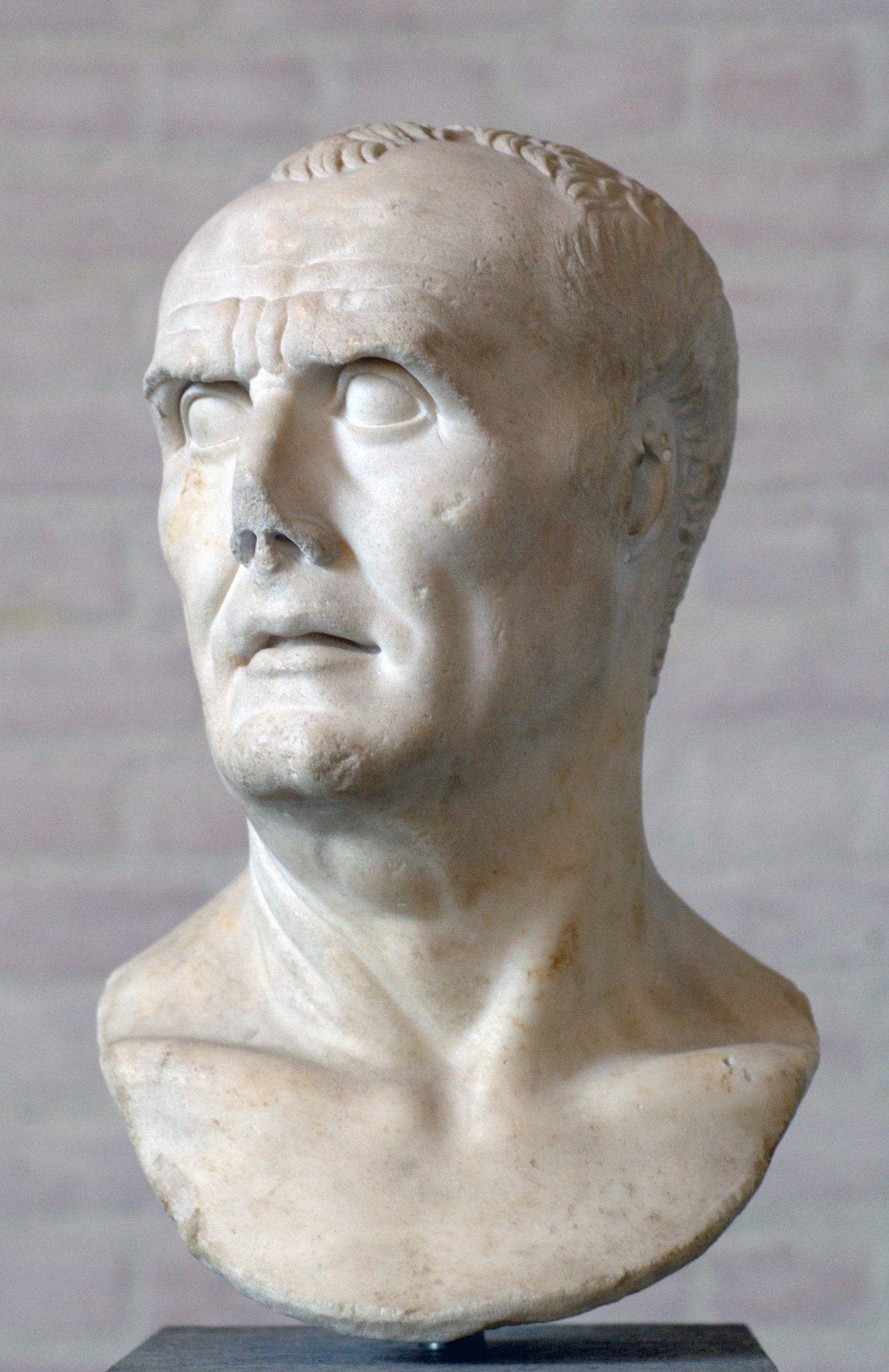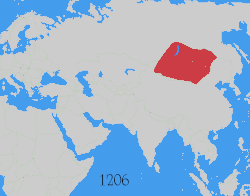I don't suppose many Americans have heard of Orde Wingate, to be fair not many British have these days.
Orde Wingate, the son of an army officer, was born in Naini Tal, India, on 26th February, 1903. His parents were members of the Plymouth Brethren and were related to
Granville Sharp, the campaigner against
slavery.
Educated at
Charterhouse Wingate graduated from Woolwich in 1923 and was commissioned in the Royal Artillery. He studied at the School of Oriental Studies in
London before serving five years in the Sudan Defence Force (1928-33).
In 1936 Wingate joined the intelligence staff in Palestine. He was responsible for organizing, training and leading raids against Arab terrorist bases before being wounded in July 1938. After recovering from his injuries he served under General
Archibald Wavell, the head of the Middle East Command.
On the outbreak of the
Second World War Wingate was sent to Khartoum where he formed the Gideon Force and organized raids against Italian units on the Abyssinian border. With only a few hundred men Wingate bluffed 12,000 Italians into surrender. Wingate then joined up with General William Platt and the Sudan Defence Force and on 4th May 1941 they entered Addis Ababa.
A manic depressive, Wingate was taken ill and spent several months in a hospital in Cairo. When he recovered he joined General
Archibald Wavell, the new Commander in Chief in
India. Promoted to the rank of brigadier, Wingate was given permission to form the Chindits, a group of soldiers who were to be trained in jungle raiding and guerrilla tactics.
In February 1943, Wingate and 3,000 Chindits entered
Burma. Their task was to disrupt Japanese communications, attack outposts and destroy bridges. The operation was very costly and of the 2,000 who returned, 600 never recovered to be able to fight again.
Wingate met
Winston Churchill and
Franklin D. Roosevelt in August 1943 and explained his theory of Long Range Penetration. Churchill was impressed and agreed to expand the size of the Chindits and Wingate was promoted to major general and given six brigades (3rd Indian Division). Roosevelt also decided to create a similar group led by the the American officer,
Frank Merrill.
Wingate returned to India in September 1943 and began to plan Operation Thursday. The plan was aimed at destroying Japanese communications from southern Burma to the those fighting General
Joseph Stilwell in the north and
William Slim in Imphal and Kohima.
Operation Thursday was launched by Wingate in
Burma on 5th March, 1944. The Chindits established Broadway, a jungle clearing 200 miles behind Japanese lines. This included an airstrip that enabled supplies and reinforcements to be flown in and the wounded flown out.
Over the next few months the Chindits destroyed Japanese roads, railways, bridges and convoys. Once again the Chindits suffered heavy losses. Orde Wingate was himself killed when his plane crashed into a hillside near Imphal during a storm on 14th March 1944.
(1) General Archibald Wavell on hearing about the death of Orde Wingate (March, 1944)
Wingate was a truly dynamic leader who combined vision and action, one of the few men in this war who was irreplaceable, who designed, raised, trained, and inspired his force, and placed it in the enemy's vitals.
.
(2) Major General Woodburn Kirby, Official History of the Burma Campaign (1961)
Wingate had neither the knowledge, stability nor balance to make a great commander. Just as timing played a great part in his rise to prominence so the moment of his death may perhaps have been quite propitious for him.
.
(3) David Rooney, History Today (March 1994)
Wingate must be judged on his brave and brilliant leadership, and, particularly, on his positive new ideas on every aspect of irregular warfare. It is a tragedy that because of his early death, the final Chindit campaigns were mishandled by commanders who did not really believe in his ideas - a further tragedy that Kirby's biased and unprofessional view in the Official History of the Burma Campaign has been allowed to besmirch the reputation of a brave officer and a distinguished military thinker. Referring to the Official History, Sir Robert Thompson, the counter-insurgency expert, who took part in both Chindit campaigns, wrote 'The whole assessment was no more than a hatchet job by little men who could not have competed with Wingate either in military argument or in battle'.
.
(4) Bernard Fergusson, commander of the 16th Brigade, fought under Orde Wingate. After the war he commented on Wingate's abilities.
He seemed almost to rejoice in making enemies, but he was a military genius of a grandeur and stature seen not more than once or twice in a century. Secondly, no other officer I have heard of, could have dreamed the dream, planned the plan, obtained, trained, inspired and led the force. There are men who shine at planning, or at training, or at leading; here was a man who excelled at all three, and whose vision at the council table matched his genius in the field.
.
http://www.spartacus.schoolnet.co.uk/2WWwingate.htm





